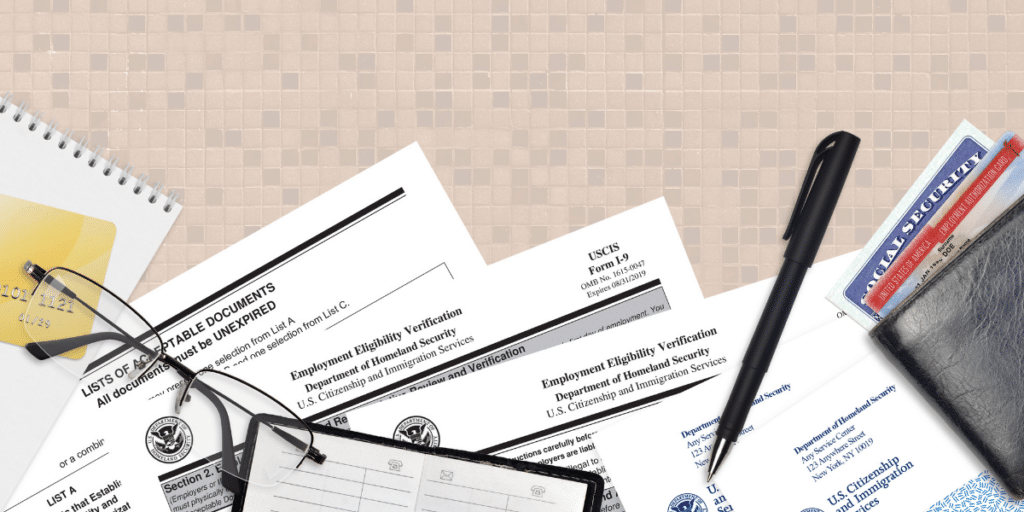The time has come and you have decided you want a divorce. As you contemplate separation and envision the next phase of your life, you need to consider what rights and claims you have under the law. Common claims that spouses pursue are equitable distribution, child custody, and divorce.
In North Carolina, before you can ask the Court for a divorce, you and your spouse must live separate and apart for one year.[1] Clients are often surprised to learn sleeping in separate beds or in different parts of the house is not enough—you and your spouse must reside in different homes. There is also no way to waive the one-year requirement, even by agreement of the parties. During the one year of separation, you and your spouse may not voluntarily resume your marital relationship; however, isolated incidents of sexual intercourse may not constitute the resumption of marital relations.[2]
It is important to remember, in North Carolina, a divorce action does not address the issues of child custody, child support, property division, or spousal support. However, when the court enters a judgment of divorce, if you have not asserted or resolved your claims for equitable distribution and alimony, those claims are barred (i.e., you can no longer pursue those claims).
Equitable distribution is commonly referred to as property division. In North Carolina, upon a request by either spouse, the court may equally divide the net value of the marital property, unless the court determines that an equal division is not equitable (i.e., fair). To determine an equal division is not fair, the court considers a number of factors, including but not limited to: (i) the duration of the marriage and the age and physical and mental health of both parties; (ii) the need of a parent with custody of a child or children of the marriage to occupy or own the marital residence and to use or own its household effects; and (iii) the expectation of pension, retirement, or other deferred compensation rights that are not marital property.[3]
In determining custody, the court decides what will best promote the interest and welfare of the children. [4] The court is vested with broad discretion in deciding what is in the best interest of the child, and must consider all relevant factors and choose the environment that will best encourage full development of the child’s physical, mental, emotional, moral, and physical faculties.[5] However, between parents, there is no presumption as to who will better promote the interest and welfare of the child.
If you are contemplating a separation and divorce, seek the support and guidance of someone well-versed in the process and consequences of those decisions—a family law attorney. A lawyer will explain the process, and help you identify your claims and the potential consequences of your decisions. You may want a divorce, the house, and the kids too, but whether you are entitled to them, is a question for an attorney.
Contact our Family Law team today if we can be of assistance.

CATEGORIES
Contact an Attorney
Our attorney offer specialized guidance and representation in a variety of practice areas.

REMEMBER: Always speak with your own attorney
This information is provided for informational purposes only; it is not offered as and does not constitute legal advice.
More Insights and Resources
Learn more about what to expect when facing a family law dispute in Charlotte, North Carolina from Family Law attorneys at Dozier Miller Law Group
Can You Get Your Due Diligence Money Back? What Homebuyers Need to Know
Purchasing a home is often one of the most significant financial decisions you’ll make. If you’re house…
What NC House Bill 269 Could Mean for Non-Compete Agreements in North Carolina
Non-compete agreements have long been a controversial tool in the corporate world—sometimes protecting legitimate business interests, and…
Protect What Matters Most: Estate Planning for Every Stage of Life
Thinking about the future doesn’t always come naturally. Many of us get caught up in the day-to-day,…
Will a Separation Protect Me Financially?
Separation is never easy, especially when financial questions start piling up. Can you protect your savings? Will…
Practical Custody Arrangements for Families
Trying to figure out custody arrangements? You’ve probably come across terms like joint custody, primary custody, and…
Future-Proof Your Business Against Form I-9 Changes
Running a business is no small feat. Between managing your team, keeping customers happy, and planning for…
When Do You Need an Attorney for a Breach of Contract Case?
Contracts are the backbone of any good business relationship. They bring clarity, set expectations, and hold everyone…
Navigating Immigration Changes and Their Impact on Employment Law
No matter the size of your business, immigration law affects your ability to hire and retain the…
LGBTQ Families and Stepparent Adoption: What You Need to Know in North Carolina
As a family law attorney in North Carolina, I’ve seen many parents assume that their legal status…
What to Do When You Get a Bad Google Review
If you’re a Charlotte business owner, you know just how important your online reputation is. Around 98%…










